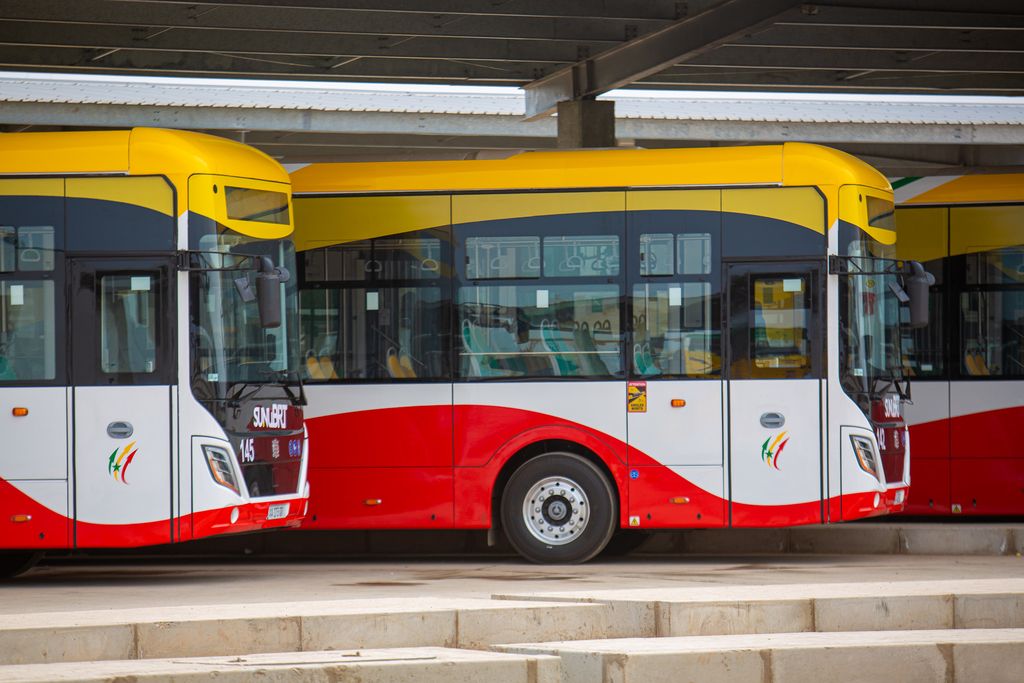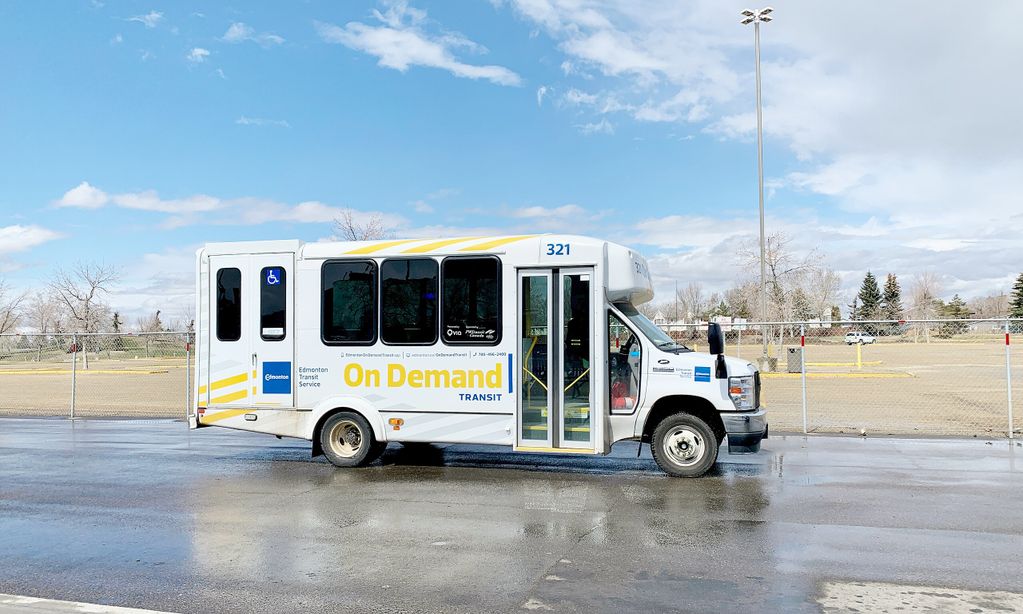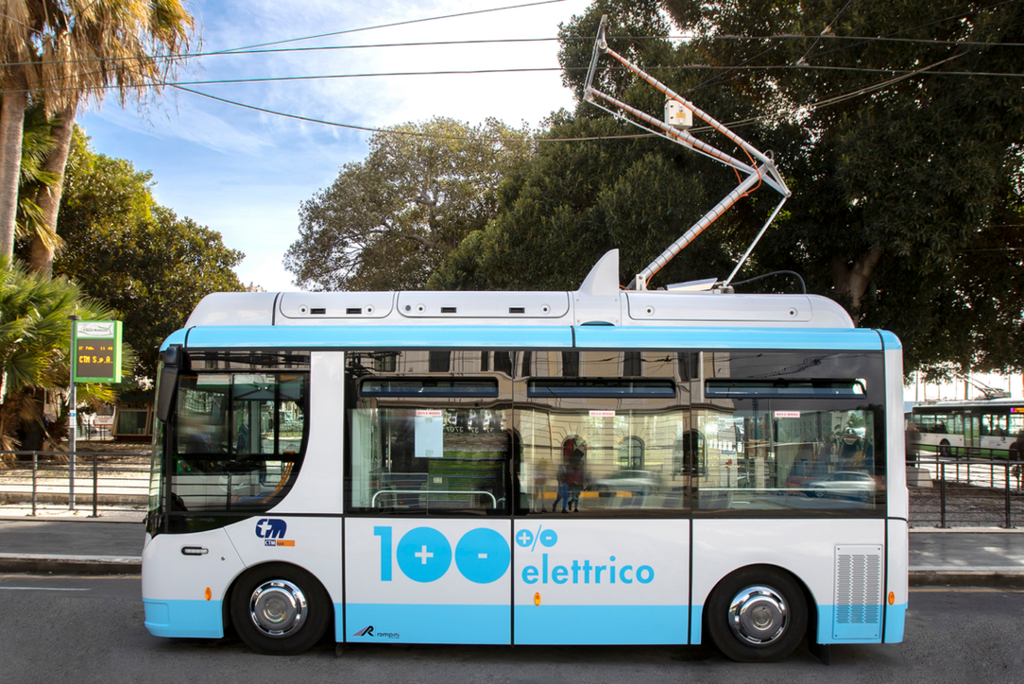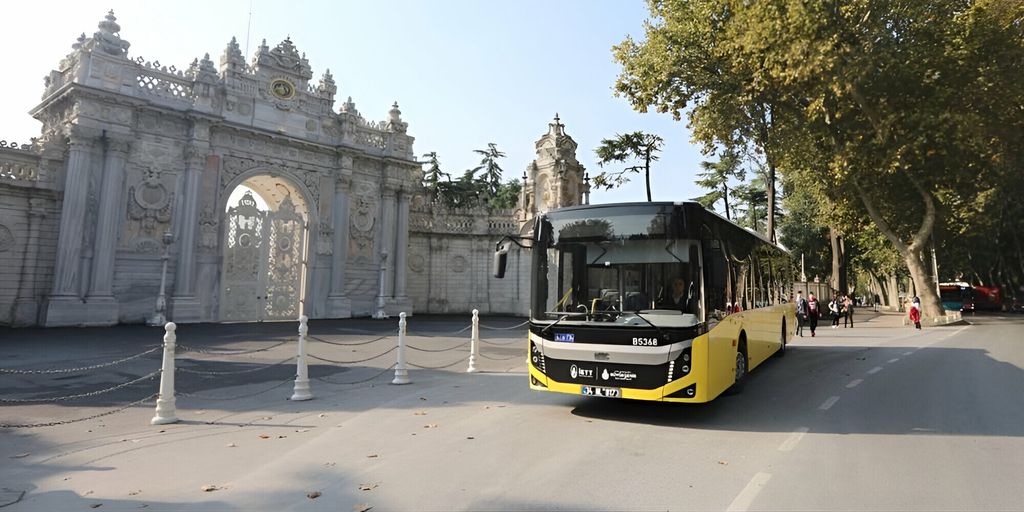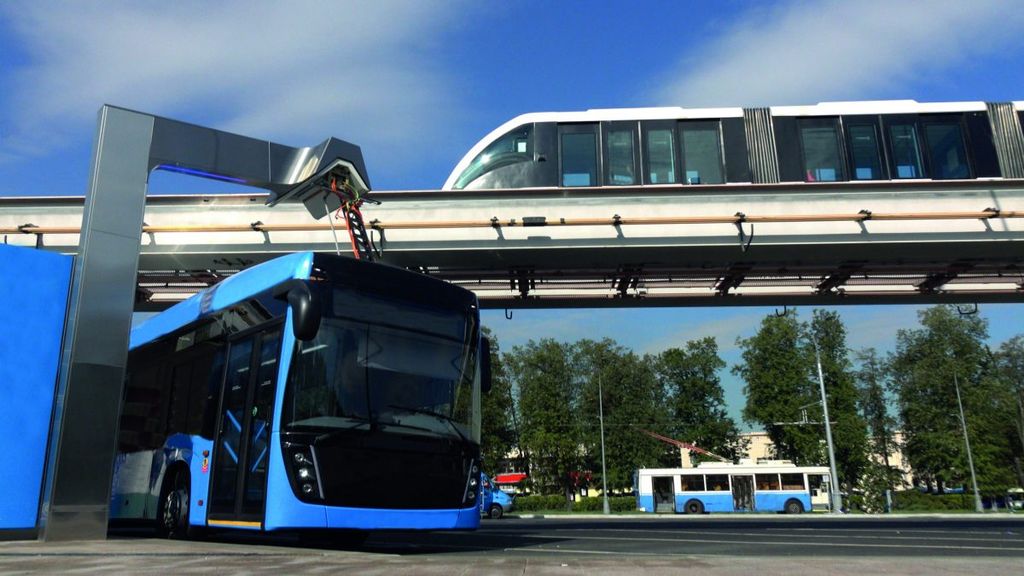
Electric buses in MENA
Providing the right tools for decision makers
With mounting concerns over climate change and the increased levels of urban air pollution, e-mobility has been on the rise globally. Several governments have opted to rapidly deploy electric buses as well as put electric bus fleet targets as means to achieve their emission targets and climate objectives.
Although electric buses have clear environmental benefits, their implementation requires careful analysis in consideration of local conditions, including operational and infrastructure characteristics as well as availability of resources. The relative novelty of e-buses presents additional challenges as some of their technologies, especially battery and charging, are rapidly changing.
The aim of this Report is to provide guidance on the implementation of e-buses in the Middle East and North Africa region taking into consideration its unique characteristics. The methodology for developing this guidance utilises the extensive UITP e-bus knowledge base and customises and adapts this information based on stakeholder interviews, case studies and data collected from the MENA region.




